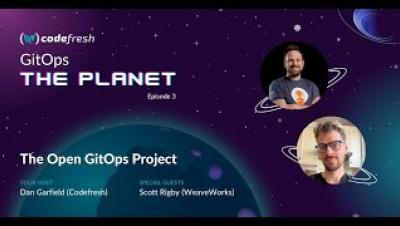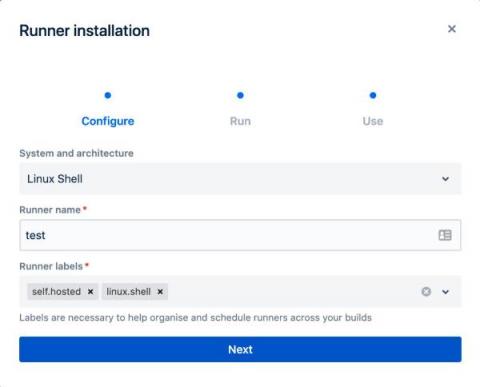Operations | Monitoring | ITSM | DevOps | Cloud
CI CD
The latest News and Information on Continuous Integration and Development, and related technologies.
CircleCI + Squadcast Integration: Alert Routing Made Easy
Deploy Django apps to AWS Elastic Beanstalk
Your software development team has an enormous number of tools available to them. Some older tools are being used in new ways, which has inspired the creation of more new tools to choose from. For example, JavaScript has grown from a language used to add interactivity on websites to a full-stack language for both frontend and backend needs. JavaScript has paved the way for Express, Nest.js, and many others.
Announcing New CircleCI + Honeycomb Integration Guide
If you’re writing software today, then you likely use a CI/CD pipeline to build and test your code before deploying it to production. Having a fast and efficient build pipeline saves you development time, shortens feedback loops, and helps you ship features faster. Conversely, slow and unreliable build pipelines are full of lost productivity and sadness.
Leveraging failure to achieve scale ft. Shailesh Kumar, SVP of Engineering at ClickUp
DevOps for enterprises
Development operations (DevOps) combines best practices, cultural transformation, and tools to improve your organization’s software development and delivery velocity. Teams can employ DevOps regardless of an organization’s size and continuously deliver new software features, updates, and patches to enhance software quality and customer experiences.











